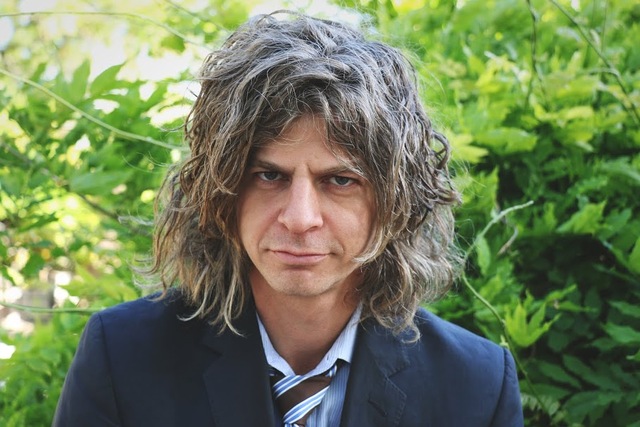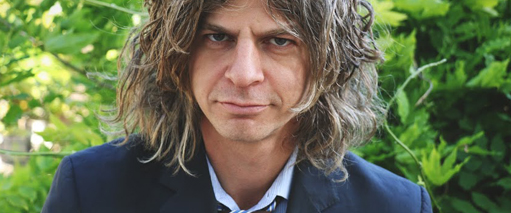David Bashwiner: A Theorist
Part Ii Of The Interview


Kate Burn Photography
Latest Article|September 3, 2020|Free
::Making Grown Men Cry Since 1992


Kate Burn Photography